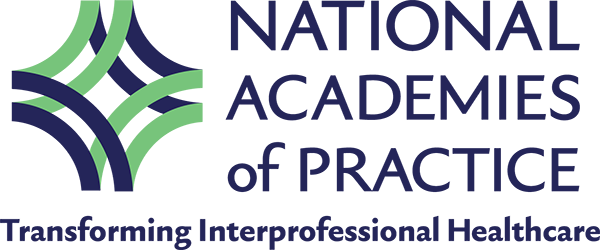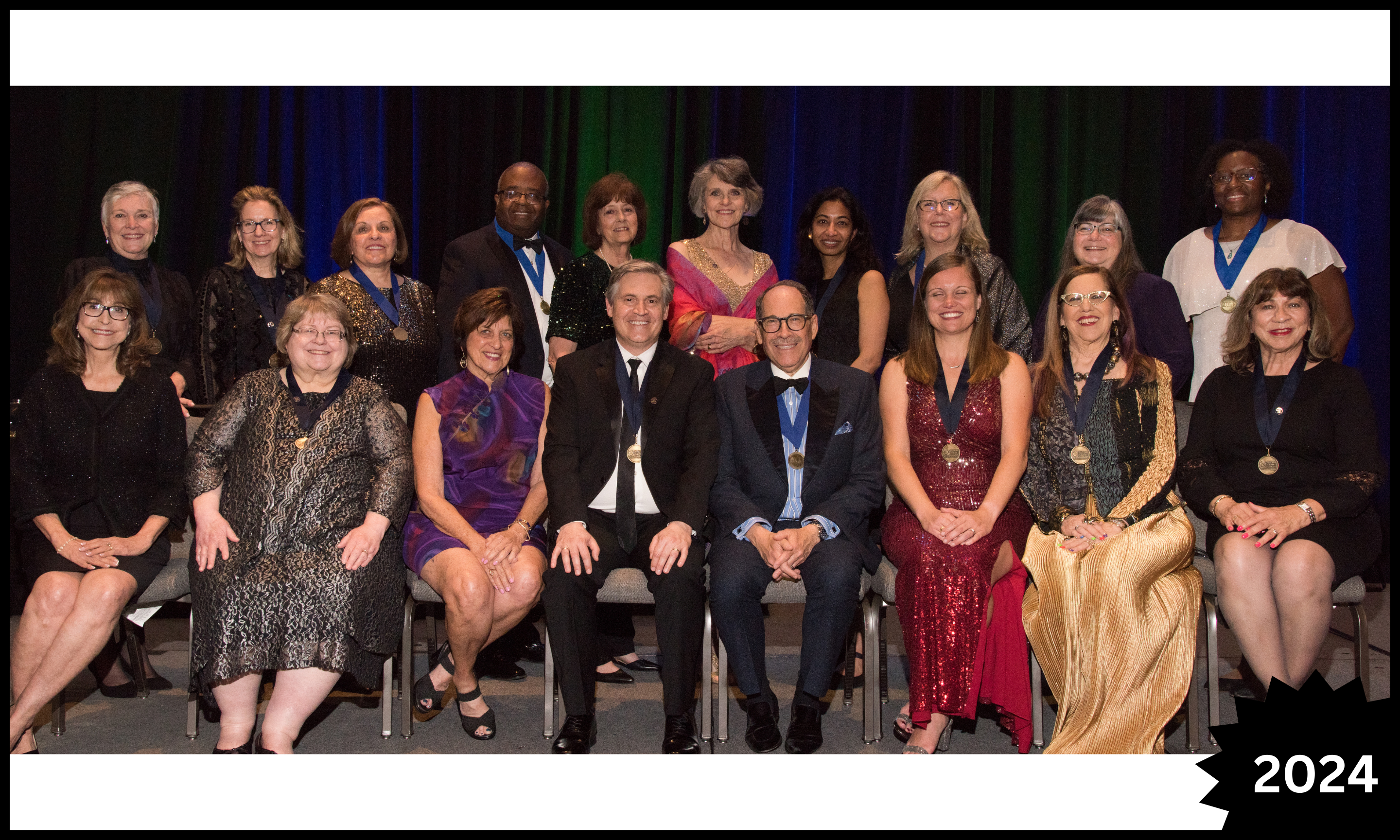|
|
| Academy Chair | Academy Chair-Elect |
|
|
|
Speech-Language Pathology's Scope of Practice
and Role in Interprofessional Healthcare
2023 Academy Report
2023-2026 SLP Academy Strategic Plan
Role of Speech-Language Pathology in Interdisciplinary Health Care
Speech-language pathologists identify, assess, and treat speech, language, cognitive, voice, fluency, and swallowing disorders; contribute to differential diagnosis; and provide guidance on prevention and preservation of functional communication and swallowing.
Speech-language pathologists competently address a variety of communication and swallowing disorders through successful coordination with teams focusing on:
• Augmentative and alternative communication (AAC)
• Aural rehabilitation
• Case management, counseling
• Cleft palate
• Cochlear implant aural (re)habilitation
• Cognitive communication
• Communication with culturally and linguistically diverse patients and families
• Craniofacial interventions
• Fluency
• Hearing screening
• Health Literacy
• Head and neck cancer
• Individual Education Program (IEP)
• Individual Family Service Plan (IFSP)
• Language
• Literacy
• Neurological disorders (e.g. Parkinson’s, Alzheimer’s, cerebral palsy)
• Response to Intervention (RtI)
• Stroke rehabilitation
• Swallowing and feeding
• Traumatic brain injury rehabilitation
• Voice disorders
Speech-language pathologists promote successful interprofessional practice and interprofessional education in academic and practice settings that include:
• Case presentations
• Clinical practice
• Case-based simulations
• Evidence-based practice
• Grand rounds
• Interdisciplinary seminars
• Journal groups
• Leadership training (e.g. Leadership Education in Neurodevelopmental and Related Disabilities)
• Learning communities
• Problem-based learning
• Professional issues colloquia
• Research
• Service learning
• Telehealth
Speech-language pathologists (CCC-SLP) are employed in hospitals, non-residential health care facilities, residential health care, schools, colleges/universities, research facilities, and federal, state, military, or local agencies.



